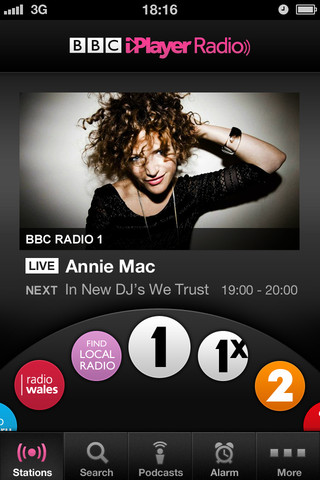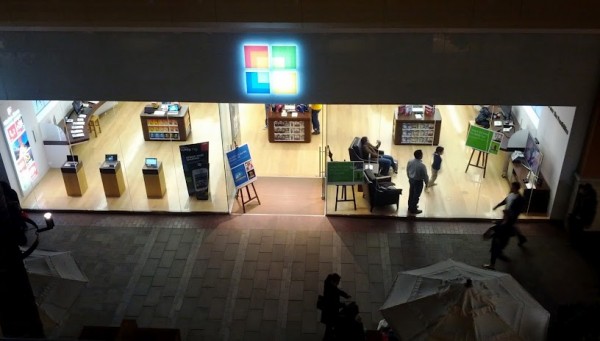
There is no appropriate way to express how aggressive will be Microsoft's retail blitz to support the launches of Surface, Windows 8 and Windows RT (on October 26) and Windows Phone 8 (on October 29). In 18 days, the software giant will have retail shops open in 27 states and three Canadian provinces. Many of the locations will be what Microsoft calls "holiday stores", which are more kiosks than shops but retail presence nevertheless. The company announced the pop-up shops about a month ago, but as important product launches approach the sudden retail blitz takes on looming significance.
The stores' importance cannot be understated, and their value is much bigger than selling new products. The shops will create big brand presence during the holidays and give many shoppers reasons to buy something with a Microsoft logo rather than the bitten fruit. (Say, if there's a bite out of the Apple, shouldn't that make it forbidden fruit in the classical biblical/literature sense or used goods from a purely commerce perspective. I certainly wouldn't pick a bitten apple from the grocery store. Funny that Apple's partially eaten logo doesn't put off more people.)
Combined, new corporate and Windows logos, redesigned operating system user interfaces, Windows 8/RT tablets or convertibles, Surface and Windows Phone 8 devices relaunch the Microsoft brand in a big way. The company will use holiday 2012 as major first step to reinvent the brand and its overall image -- that's with investors as much as existing or potential customers. Retail -- particularly Microsoft Store, where the company controls customer experience -- is the glue binding bigger branding efforts together.
Microsoft Store is where shoppers will see value at its finest, and that's sure to be a big emphasis. The shop here in San Diego offers some of the best deals on hardware or software anywhere. I do mean low prices or big discounts. Apple Store is located just four doors down, and as I observed Christmas Eve two years ago the experience contrasts sharply with Microsoft's shop. The one pulls wealthier, individual shoppers and the latter families, while emphasizing value.
Stretching for the Goal
Currently, Microsoft operates 27 permanent stores, with another opening in Toronto, Ontario November 16. Shops are also planned in Ohio and Puerto Rico, but dates aren't officially disclosed. Thirty-two holiday stores will open October 26. The question: How many of them might become permanent fixtures. If I were a mall manager, Microsoft is one tenant that would be top of list to keep, by offering an enticing deal on prime space. For the holidays, Microsoft will have open nearly 80 retail shops, which number is a long leap from where it started.
The first two Microsoft stores, in Arizona and California (and a café in France), opened in October 2009. I visited the Mission Viejo, Calif. shop on Black Friday, the following month.
Microsoft Store San Diego opened June 24, 2010, on the same day Apple launched iPhone 4 to huge crowds, bringing the number to just four. Thirteen months later, Microsoft had opened just 11 stores, suggesting weakening retail commitment. In Spring 2011, several idiot-pundit posts asserted the retail expansion was over. I strongly disagreed.
Then, during the annual partner conference in July 2011, Microsoft COO Kevin Turner boomed: "We're going to open up to 75 more stores over the next 2 to 3 years and continue to bring our stores outside the US as well".
The 32 holiday stores achieves that goal, if only temporarily, and it's unfortunate Microsoft couldn't expand faster -- and that means beyond North America. Apple operates nearly five times more shops in 14 countries. The stores provide a focal point for the Apple lifestyle, around digital activities like listening to music and watching, making or sharing videos. That lifestyle is now largely mobile, driven by iPad and iPhone.
Digital Lifestyle
Branded Microsoft stores aren't about generating profits. Making money is merely a bonus. The goal should be selling a Microsoft lifestyle and engaging customers, which are particularly important given the new product launches and the company's attempt to establish more mobile lifestyle around its stuff or that from partners.
Microsoft's inability to achieve 75 permanent stores undermines the broader branding and corporate reinvention. I regard the need to lean on temp shops as a failure to achieve the stated goal, and even 75 is too few considering Microsoft's larger brand and image ambitions. Changing tech retailing is another consideration.
In June 2010, I explained how "Apple and Microsoft stores are the future of technology retailing". Here in San Diego, the two companies and Sony operate tech boutiques in the same mall. All three sell products through other retailers, too, but the qualitative difference in consumer buying experience differentiates the company operations from larger stores like Best Buy or Walmart. While they also offer sales, service and customer support, the experience isn't as specialized.
For Microsoft, which pitches new lifestyle messaging starting October 26, larger retailers won't be enough. Its own retail shops will matter much more. For example, Best Buy or Walmart won't educate consumers about the benefits of the new Microsoft lifestyle -- not when staff has so much else to sell and lacks specialized sales training.
For many Americans, Microsoft Store will be everywhere this holiday, although nowhere like Apple shops. My question: Will Microsoft Store be anywhere when the holidays end and pop-up stores close?
Photo Credit: Joe Wilcox






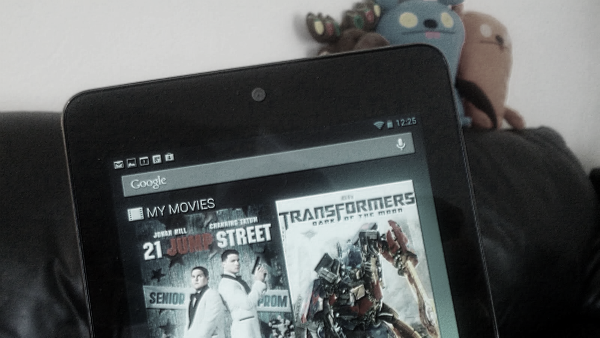
 For those of you still pining for Small Business Server, you'll have to settle for its successor, which is available now for
For those of you still pining for Small Business Server, you'll have to settle for its successor, which is available now for 
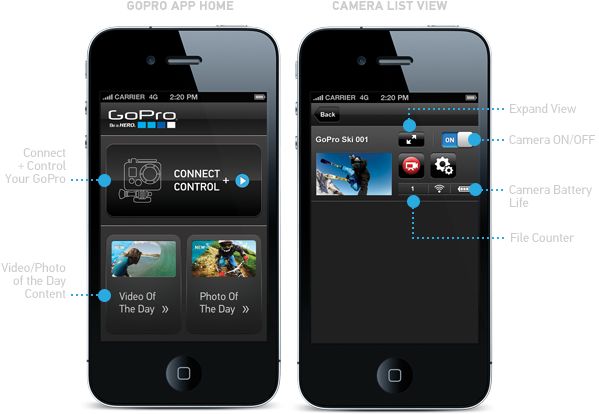
 They say the best things in life are free. There's another saying about when stealing, you get what you deserve. When it comes to software, that's more than what you bargained for. Or so claims Microsoft, which warns malware writers increasingly exploit people's desire to get for free something they should pay for.
They say the best things in life are free. There's another saying about when stealing, you get what you deserve. When it comes to software, that's more than what you bargained for. Or so claims Microsoft, which warns malware writers increasingly exploit people's desire to get for free something they should pay for.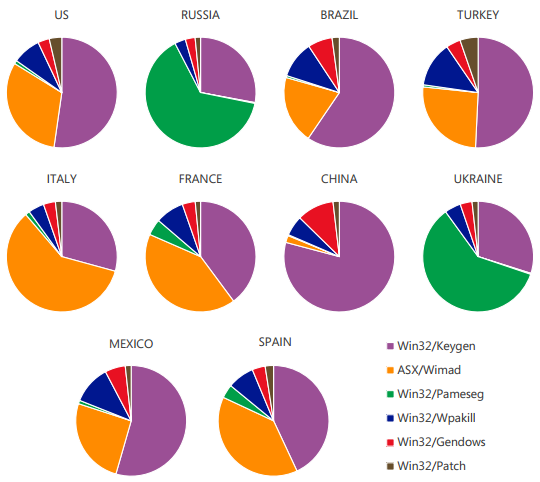
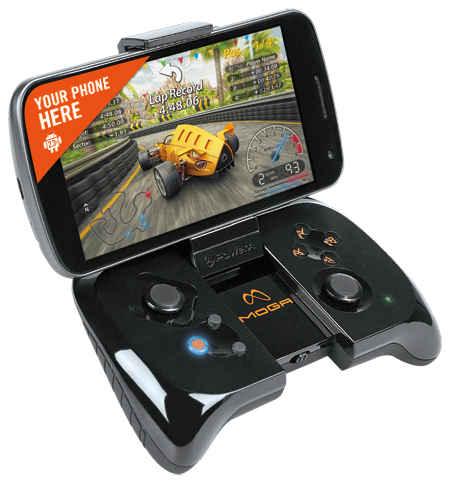
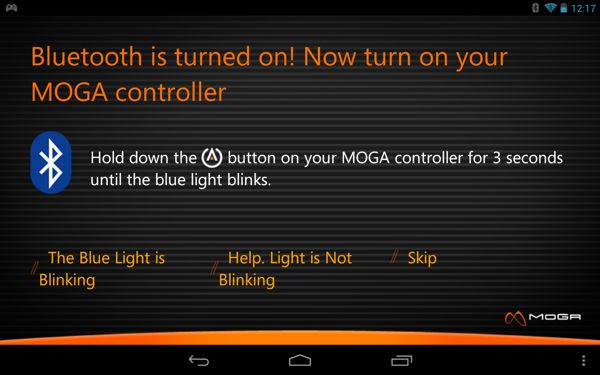

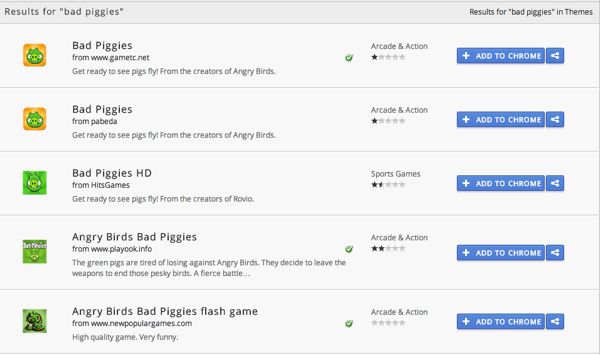
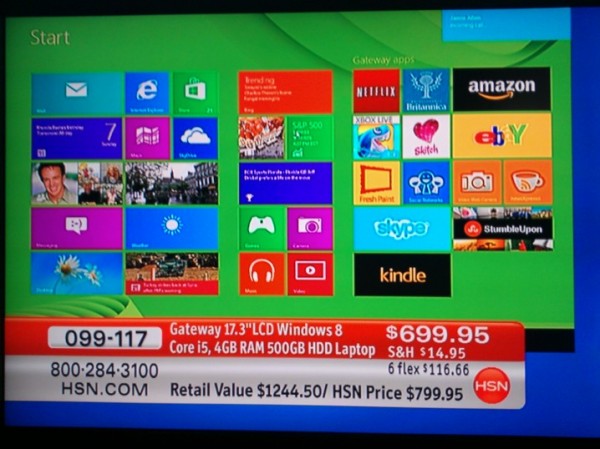
 If the colors of your latest digital photos are less than accurate, then most photo editors will allow you to try and resolve this manually. Tweak RGB here, maybe HSV there, and with a little work there’s a good chance you can improve the situation. If that sounds too much like hard work, though, you might prefer a tool like
If the colors of your latest digital photos are less than accurate, then most photo editors will allow you to try and resolve this manually. Tweak RGB here, maybe HSV there, and with a little work there’s a good chance you can improve the situation. If that sounds too much like hard work, though, you might prefer a tool like 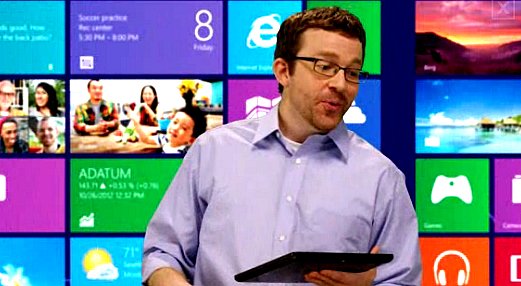
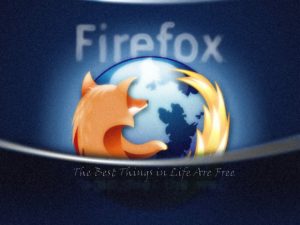 Ahead of its official unveiling, Mozilla has made
Ahead of its official unveiling, Mozilla has made 